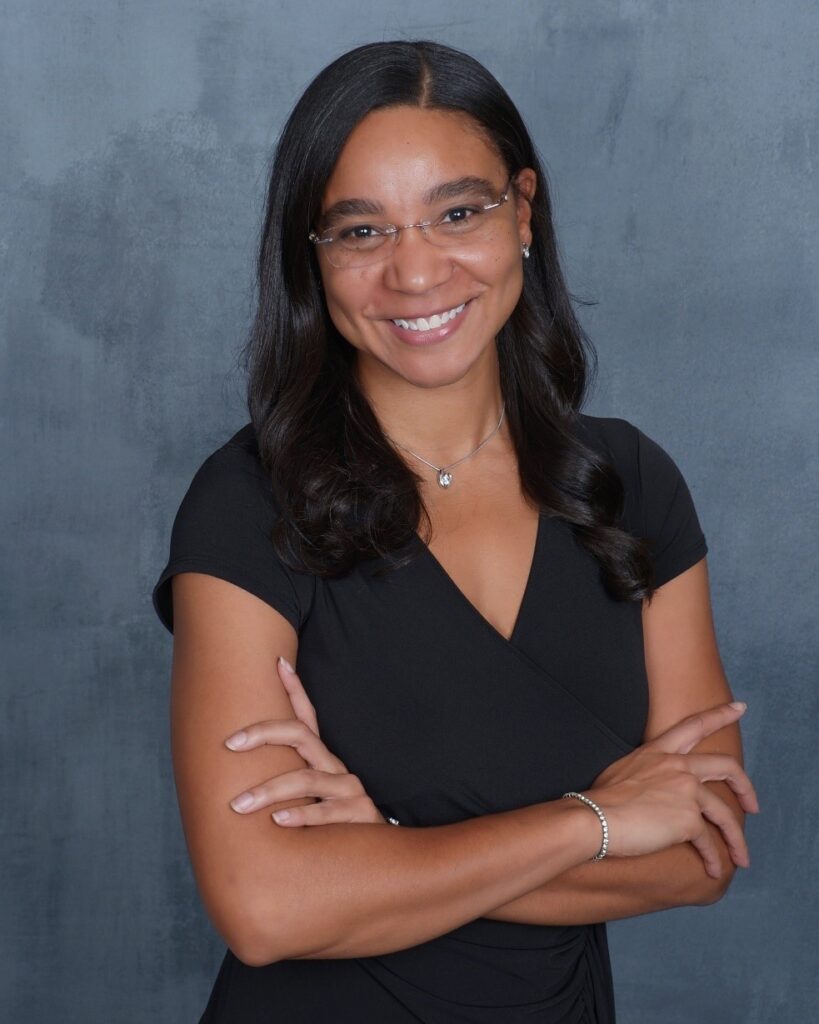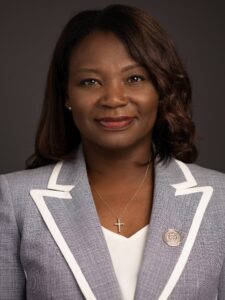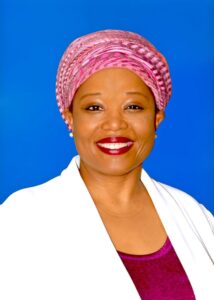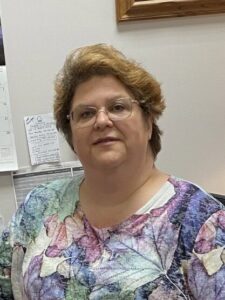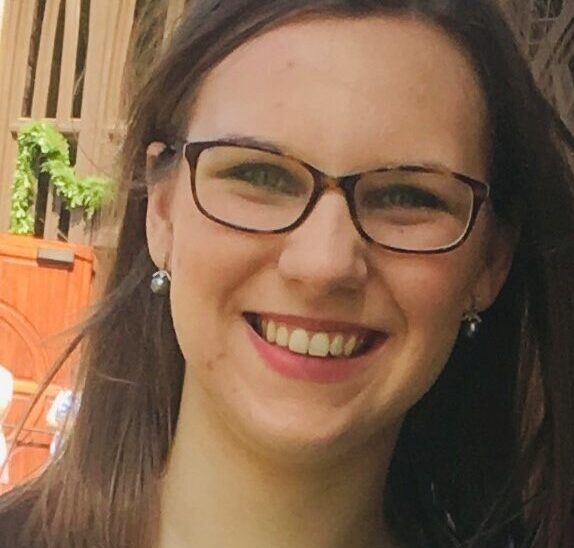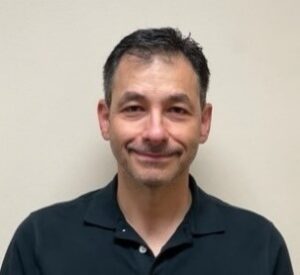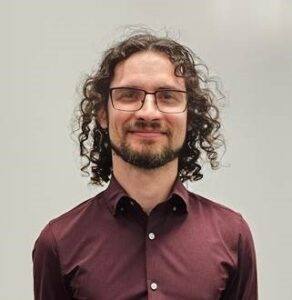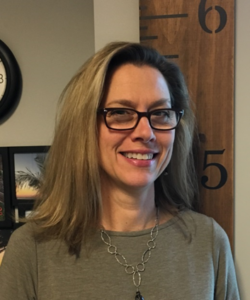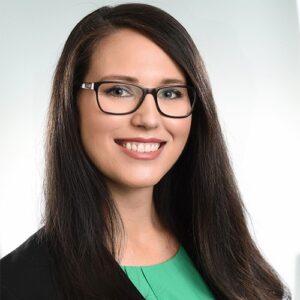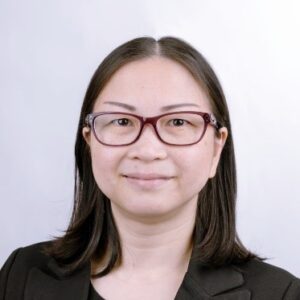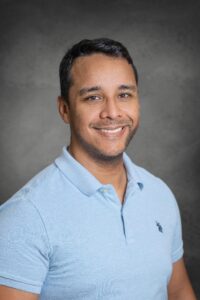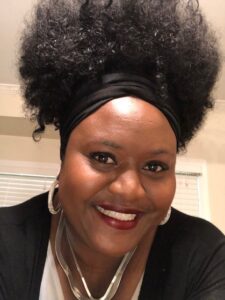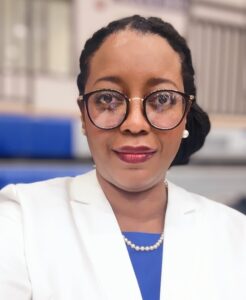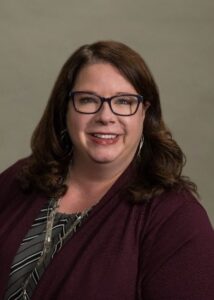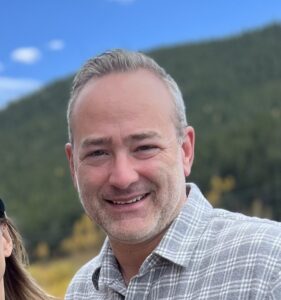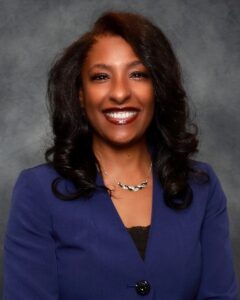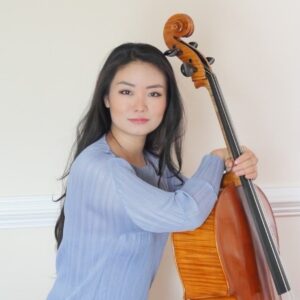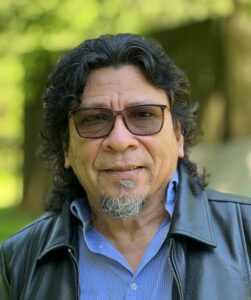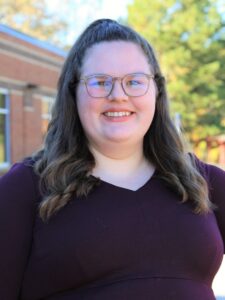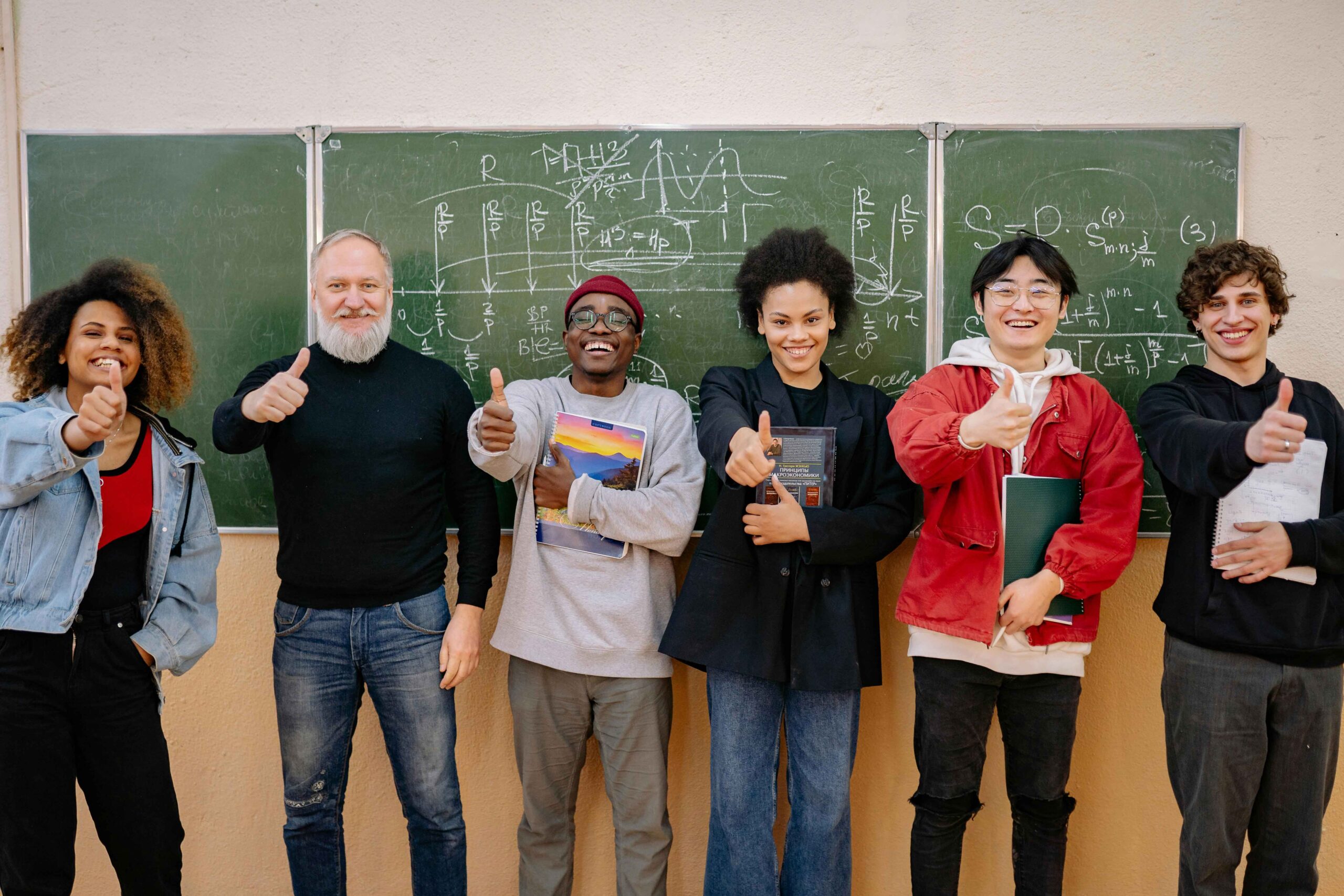

Mathematics and science conference 2024
Full Schedule
Session Listing
Session Details
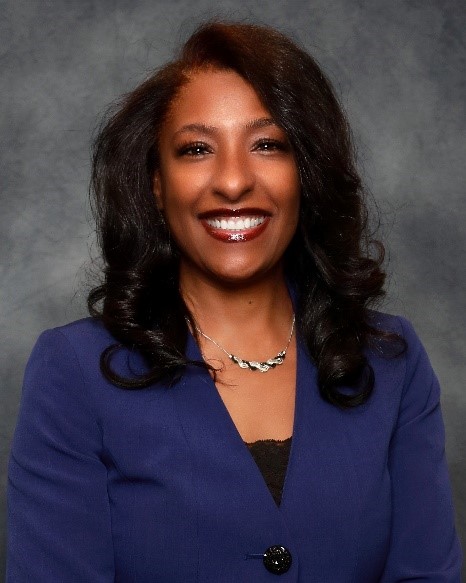
- @sonyamccoywilson
- mccoywilsonconsulting
- linkedin.com/in/sonyamccoywilson
- www.sonyamccoywilson.com
Keynote Address featuring Dr. Sonya McCoy-Wilson “In the Face of Adversity”: Removing Barriers and Building Community in STEM Programming
Dr. Sonya McCoy-Wilson is an Associate Vice President of Learning at Atlanta Technical College. She is also an Executive Coach, Consultant, and Professor.
She was named one of the “2023 Top 40 Black Leaders Worldwide” by Black Leaders Worldwide. Dr. McCoy-Wilson’s academic and research interests are diversity, equity, and inclusion, culturally responsive leadership, emotional intelligence, organization development, adult learning, and transformative professional development. Her most recent publication, “A culture of caring”: Leading differently in the twin pandemics was published in Equity in Education and Society. Dr. McCoy-Wilson is currently working on the link between bell hooks’ concept of “love as a practice of freedom” and diversity, equity, and inclusion.
Dr. McCoy-Wilson is a native of Los Angeles, CA but has lived in Atlanta, GA for over 30 years now. She holds a Doctor of Education in Learning, Leadership, and Organization Development from the University of Georgia. McCoy-Wilson was also educated at the University of California Riverside and Georgia State University, where she received an M.A. in Literary Studies and a B.A. in English, with a concentration in Creative Writing.
Session Title: You fear ChatGPT? Be a better writing educator
Presenters: Jordan Wiggins
Time: 10:15-11:00 Location: A
Strand: General Teaching Strategies
Description: Students are often placed in their English 101 course by advisors. Others register for this course as it is a requirement to finish their program of study. A requirement, nonetheless. Like the previous English courses they’ve encountered, students understand this introductory course as a one that has no relevance to their careers and possible passions. Even the creatives insist that they are not equipped with the mental compacity for the course, due to the rigid requirements of writing. We see all these stories in student narratives but what happens when we modify the course to student needs? Students only participate in areas they are interested in. English 101 must prepare students to critically think by presenting academic and industry writing. This course is part of program requirements to train students to communicate critical thought and using research sources. Many may become board as students realize that they gain no knowledge about their program of study or interests in an English course. No, they do not expect their English instructors to know anything about computer technology, automotives, culinary, health/ medicine, or other industries. Reality is, we do! We are familiar with these areas because we must. We can engage in conversation and provide resources about all these topics. They will never know this unless you engage in the conversation. I will focus on 1. Industry and Academic writing in the classroom; 2. Recursive writing; 3. The African concept of mbongi! A learning space or a room with no walls. A space where students bring their critical thoughts on issues, and it gets heated! However, we leave with some resolutions but mostly interests in our words being heard. Students write their true feelings, with the intent of using their own voice. This is the power of the mbongi!

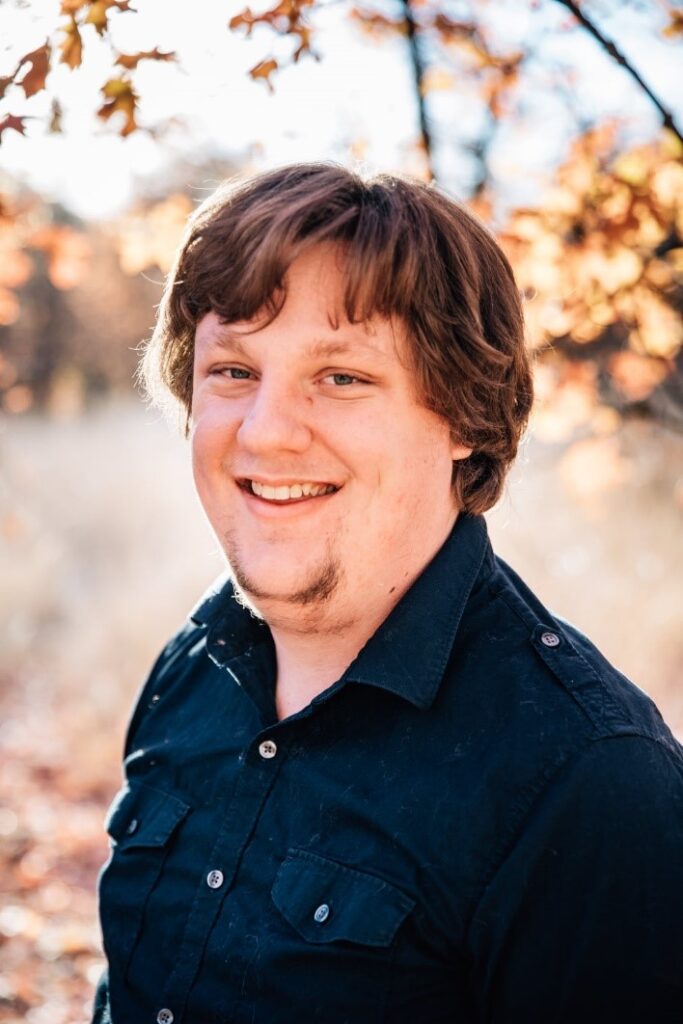
Session Title: Competency-Based Learning in an Online College Algebra Course
Presenters: Zachary Youmans
Time: 10:15-11:00 Location: B
Strand: Online Teaching Strategies: Synchronous and Asynchronous
Description: Competency-based learning is a grading strategy that emphasizes the mastery of content. In partnership with Bradley University, students in three online college algebra sections at CGTC were graded based on mastery. Two questions were asked during this study: how will a CBL approach to learning affect student perceptions of their success and what are student thoughts of CBL versus a traditionally-graded class? This presentation will share the results of this study and how instructors can use the results in their online classes.
Session Title: “Building Foundations: A Comprehensive Approach to Math Learning Support”
Presenters: Tameillia Cain
Time: 10:15-11:00 Location: C
Strand: Supporting all learners: Learning Support
Description: This presentation outlines a comprehensive approach to math learning support, aiming to enhance understanding and application of mathematical concepts. The session’s purpose is to introduce participants to diverse strategies, including personalized tutoring, interactive workshops, and digital resources. It will highlight the importance of collaborative learning environments and peer support in strengthening comprehension. The presentation will also discuss the significance of regular assessments for progress tracking and adjustment of support strategies. The session’s outcomes include increased engagement, improved problem-solving skills, and long-term retention of mathematical concepts, empowering learners to succeed academically and professionally.
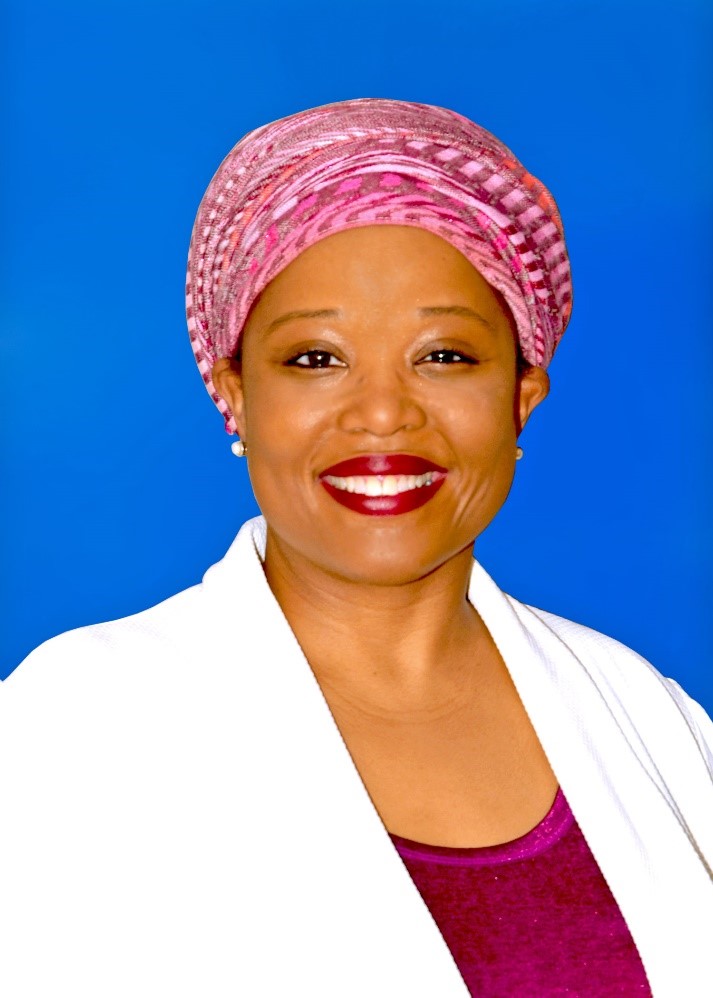
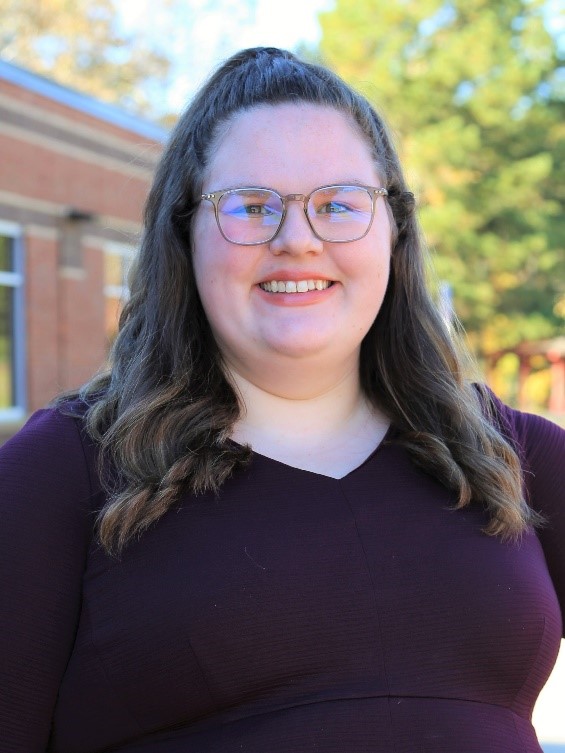
Session Title: Nature’s Lecture Hall: Advancing Higher Education Through Outdoor Instruction
Presenters: Alexia Goodman
Time: 10:15-11:00 Location: D
Strand: General Teaching Strategies
Description: Explore innovative strategies for integrating outdoor instruction into higher education, unlocking boundless opportunities for student engagement and experiential learning. Discover the benefits of outdoor learning experiences including fostering critical thinking, increasing students’ motivation, and improving academic program retention. Participants will leave equipped with practical insights and actionable techniques to effectively implement outdoor learning experiences into math and science courses, enriching the academic experience and cultivating a deeper connection between students and the natural world.
Session Title: Diving into the deep end: Using OER as a springboard for backwards course design in Anatomy & Physiology
Presenters: Dr. Juanita Forrester
Time: 10:15-11:00 Location: E
Strand: OER: Instructional Resources and AI
Description: Backwards course design is a powerful, learner-centered approach to creating course content. Research shows that designing courses with the end result in mind, i.e., long-term retention of material and fostering students as life long learners, is much more effective and empowering to students. Using open source materials rather than a single textbook to guide course design provides more engaging content for students and allows for more interleaved practice and engagement, thus increasing long term retention of content. Not only that, but redesigning courses with outcomes in mind compels us to rethink our teaching and efficacy.
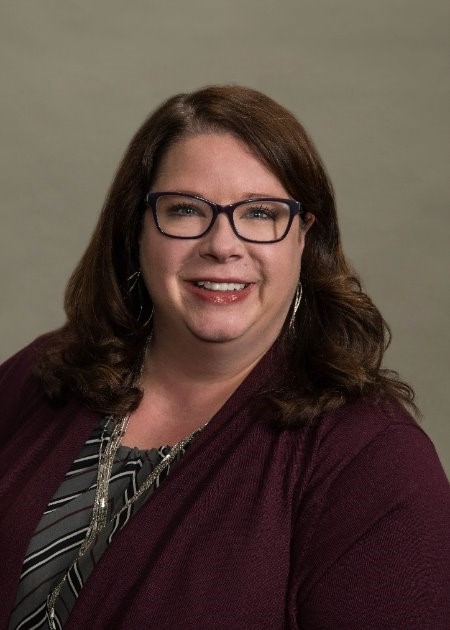
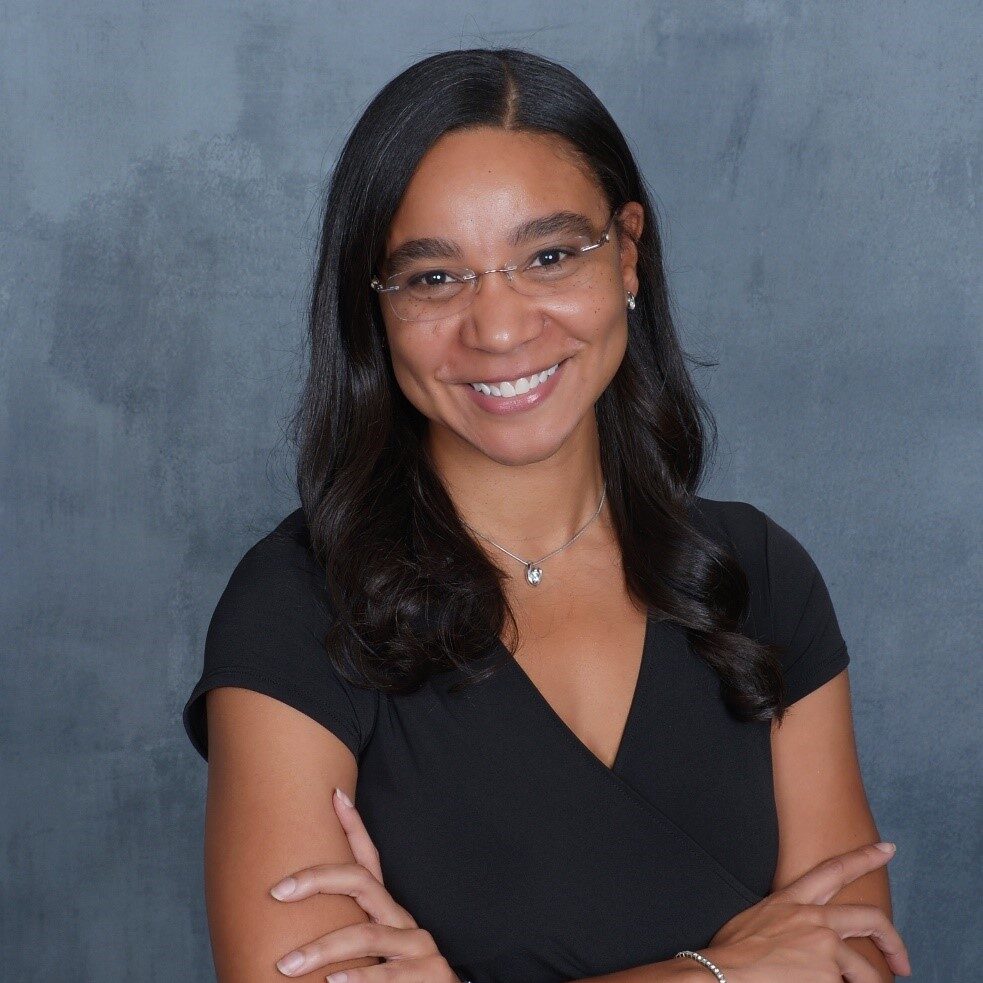
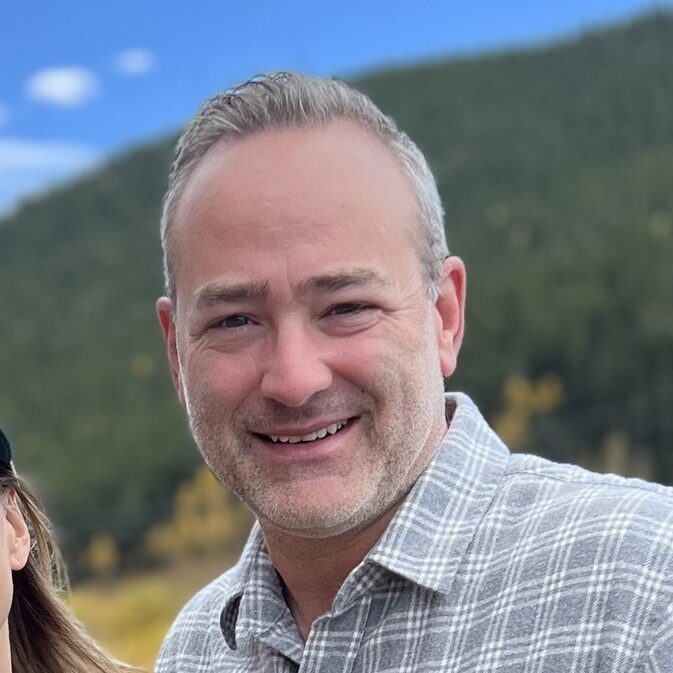
Session Title: Empowering Mathematical Minds: Unveiling MATHGPT.AI as the Future of Open Educational Resources
Presenters: Adrienne Baldwin and Dr. Edsel Clark
Time: 11:10-11:55 Location: B
Strand: OER: Instructional Resources and AI
Description: Explore the cutting-edge intersection of artificial intelligence and mathematics education with our session on MATHGPT.AI, the revolutionary Open Educational Resource (OER) AI platform. Discover how MATHGPT.AI is transforming the way educators teach and students learn mathematics, offering personalized learning experiences and unparalleled access to a wealth of resources. Learn about its innovative features, how it supports diverse learning styles, and its potential to democratize education by making high-quality math instruction accessible to all. Join us to see how MATHGPT.AI is shaping the future of educational technology and fostering a global community of empowered learners.
Session Title: Using WebEx for Online Synchronous Classes
Presenters: Sarah Davis
Time: 11:10-11:55 Location: C
Strand: Online Teaching Strategies: Synchronous and Asynchronous
Description: This will be an interactive demonstration of the setup of the WebEx “Educator Connection” tool within Blackboard – so bring a laptop other device to follow along! You’ll learn how to schedule recurring class sessions and tips for running a class session, including how to screen share, utilize chat, and encourage student engagement.
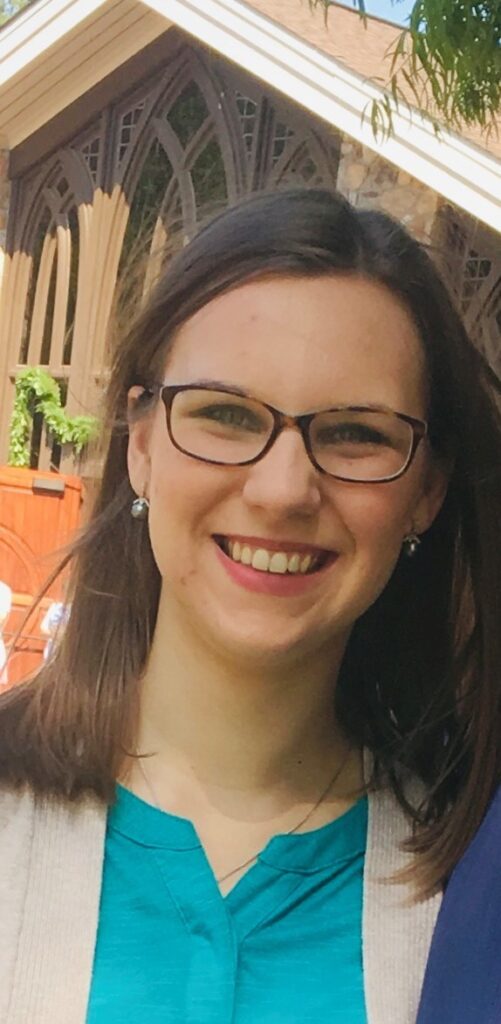
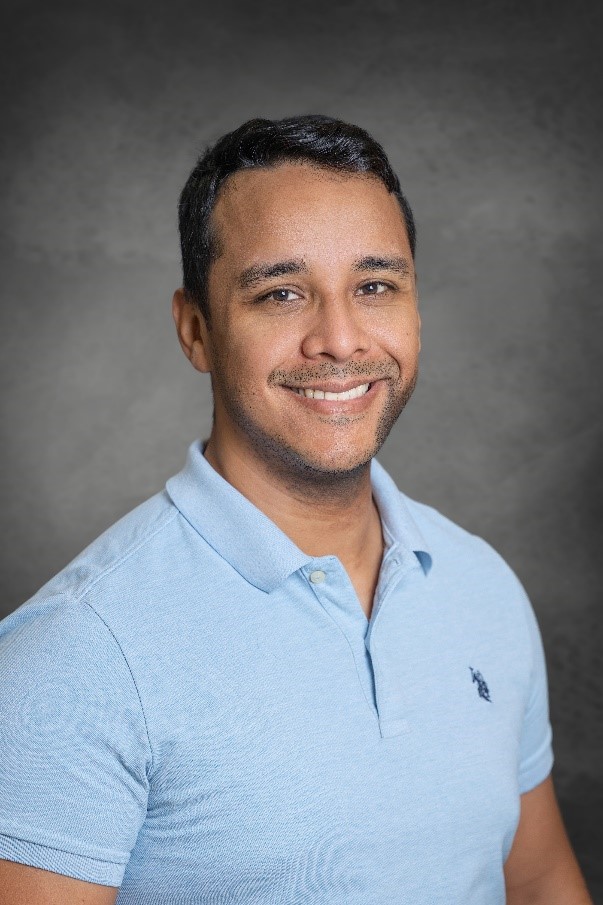
Session Title: Learning Techniques Applied to Natural Sciences Students at Southern Regional Technical College
Presenters: Dr. Luis Marin and Joel Moore
Time: 11:10-11:55 Location: D
Strand: General Teaching Strategies
Description: Southern Regional Technical College offers programs in Allied Health such as Nursing, Respiratory Care, Medical and Surgical Technology. Courses in human anatomy, chemistry, and microbiology are required as prerequisites for each of these fields of study. In the Natural Sciences department, we developed a teaching method that aids student learning through simultaneous application of auditory, visual, and kinesthetic modalities in conjunction with the traditional learning methods of reading and writing. – Anatomic models – Microscopes and slides with tissues – Handouts – Dissections – Videos – Anatomage – Practice Exams – Online Assignments Application of these methods may affect an increase in learning, as well as improved retention of content most applicable in clinical settings.
Session Title: Getting OVER the OER resource hump
Presenters: Dr. Karen Burke
Time: 11:10-11:55 Location: A
Strand: OER: Instructional Resources and AI
Description: Finding dynamic OER resources for online courses can be quite challenging, but it does not have to be. This session shares a variety of resources that have proven useful for online labs and lectures. We will explore a number of OER simulations, interactives, textbooks, websites, and video resources geared primarily toward BIOL 2113, 2114, and 2117 courses. If you need resources that are entirely OER as a course requirement, or simply want to supplement your current courses with OER resources that are comparable to paid resources, these can be added to your courses with minimal effort for maximum results.
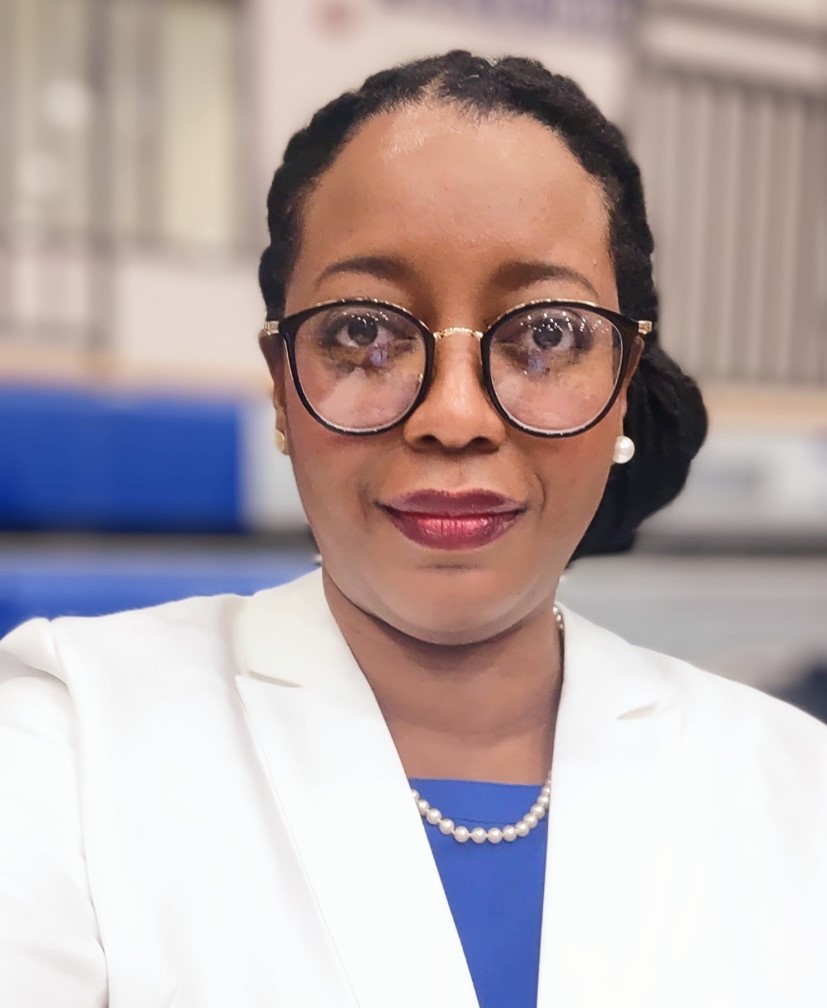
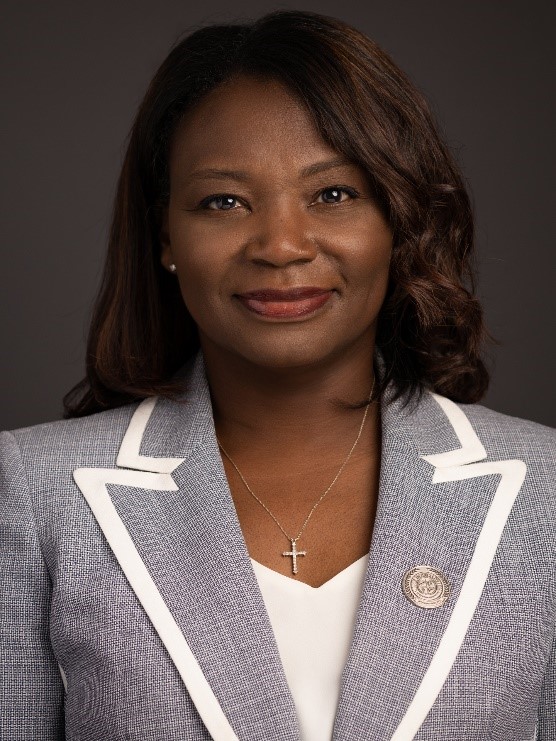
Session Title: Translating the Math Madness
Presenters: Tara Jenkins
Time: 1:00-1:45 Location: A
Strand: General Teaching Strategies
Description: Are your students feeling loss in math? Many students struggle with variables and symbols, often questioning, “Do I really need this?” This workshop, “Translating the Math Madness,” will break down the confusion by using the knowledge your students have accumulated throughout their life. We will translate the gibberish into everyday language and solve problems through real world examples, such as, planning a budget or running a business. Get ready to unlock the code and empower your students to become their own math superhero.
Session Title: Designing Learner – Centered Lesson Plans
Presenters: Kathy Griffin
Time: 1:00-1:45 Location: B
Strand: General Teaching Strategies
Description: This presentation will discuss how to use Gagne’s Nine Events of Instruction to write learner-centered lesson plans to enhance student learning and performance.
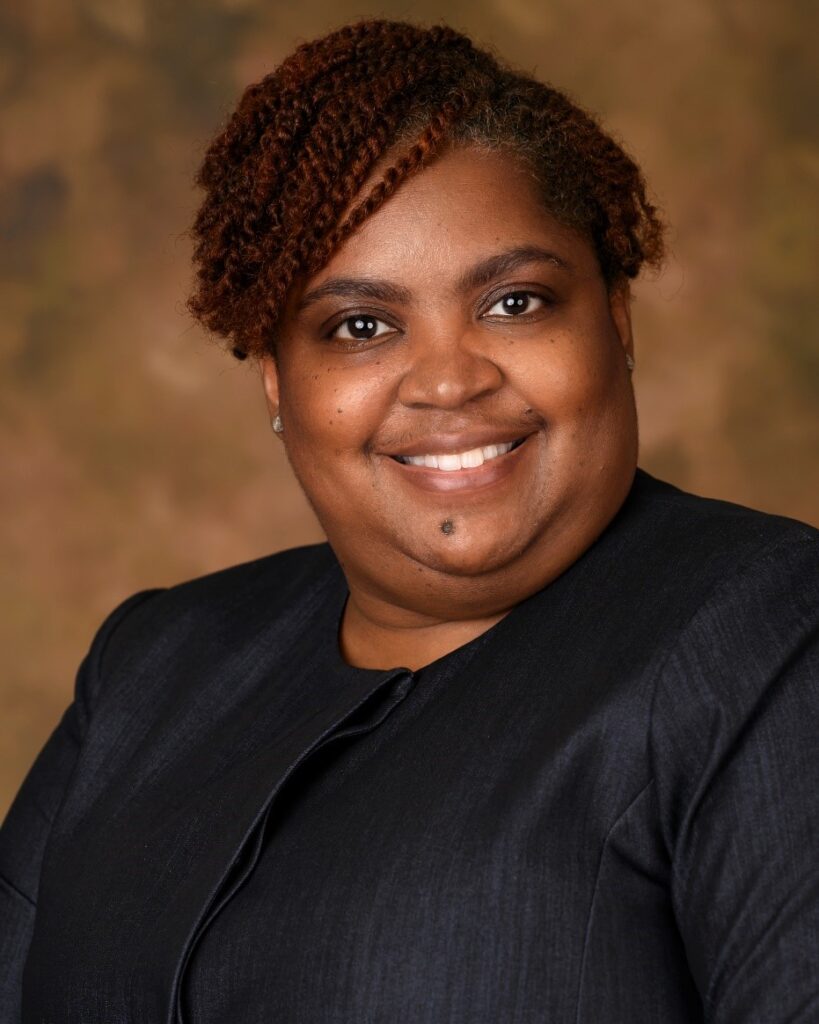

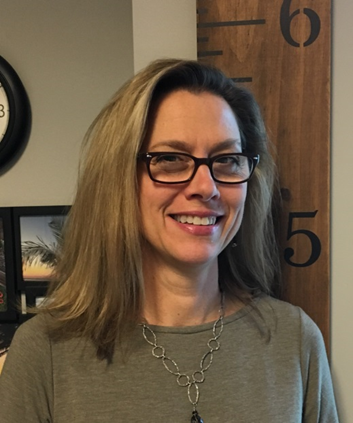
Session Title: Tips with MyOpenMath
Presenters: Sarah Davis and Marlene Haller
Time: 1:00-1:45 Location: C
Strand: OER: Instructional Resources and AI
Description: MyOpenMath is an OER that delivers online homework, quizzes and other assessments paired with open textbooks. We’ll demonstrate how to build and copy courses, create and edit assessment questions and assessment settings, and integrate with Blackboard. Pre-built courses in MyOpenMath include College Algebra, Statistics, Precalculus, and Calculus.
Session Title: Generative AI: Present State, Future ?
Presenters: Dr. Andre N. David, Dr. Keva M. Yarbrough, John Hess and Susan Glenn
Time: 1:00-1:45 Location: D
Strand: OER: Instructional Resources and AI
Description: This presentation consists of a discussion panel of instructors from a State Technical College. The topic includes a description of generative AI applications followed by current issues in this area. Presenters will discuss possible uses for generative AI in the classroom, and ethical concerns surrounding these applications. There will be time allowed for what is hoped to be a lively discussion between the panelists and the audience yielding a useful, fruitful conversation on the topic.

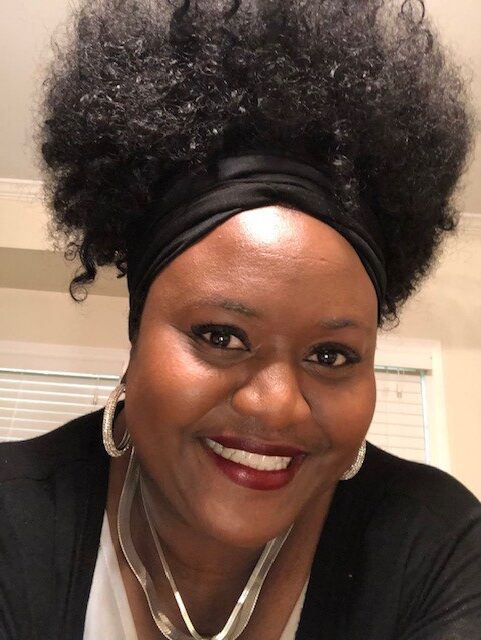
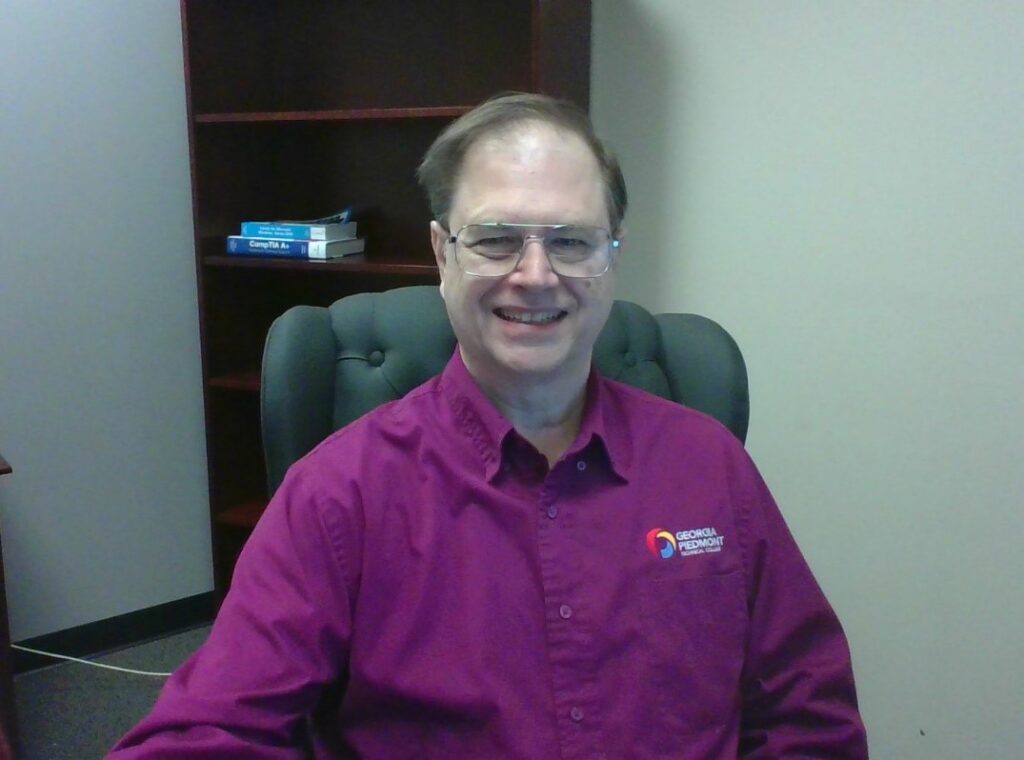
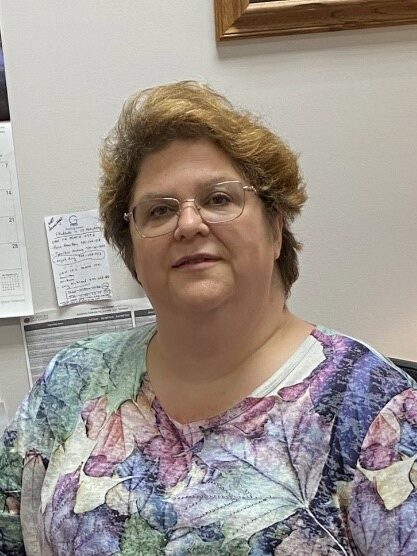
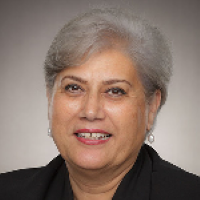
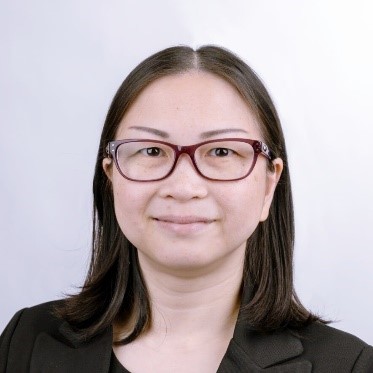
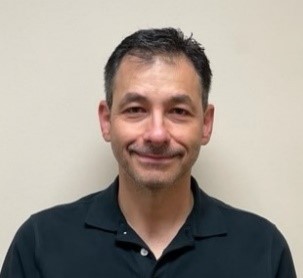
Session Title: Teaching Anatomy & Physiology I lab in an interactive, practical, and inexpensive way
Presenters: Dr. Saeideh Sadri, Dr. Luyi Zhou and Ozan Ozcan
Time: 1:00-1:45 Location: E
Strand: General Teaching Strategies
Description: Introducing different methods of teaching the more difficult laboratory exercises in the Anatomy & Physiology I labs. Groups at each table will be assigned interactive lab exercises to complete. After completion of exercises, each group is given an opportunity to ask questions, express their opinions about the methods of instructions and suggestions to enhance students’ learning.
Session Title: Understanding Universal Design for Learning
Presenters: Dr. Margaret Long
Time: 1:55-2:40 Location: A
Strand: Supporting all learners: Learning Support
Description: In this introductory presentation, we will bridge the gap between neuroscience and educational psychology to learn how UDL guidelines support learners. We will learn about Universal Design for Learning (UDL) and how it can improve student learning and optimize teaching. UDL is based upon scientific insights into how humans learn, using knowledge of affective networks, recognition networks, and strategic networks to help students understand why, what, and how they learn.
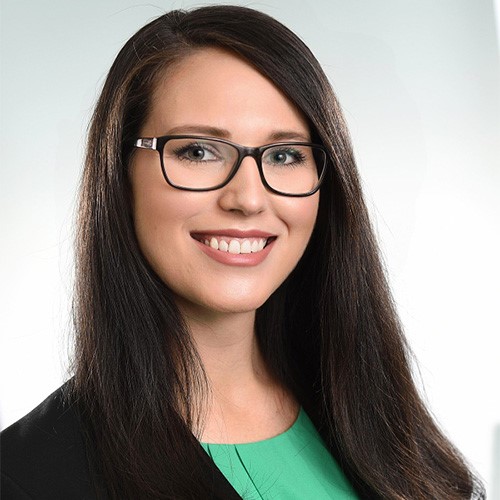
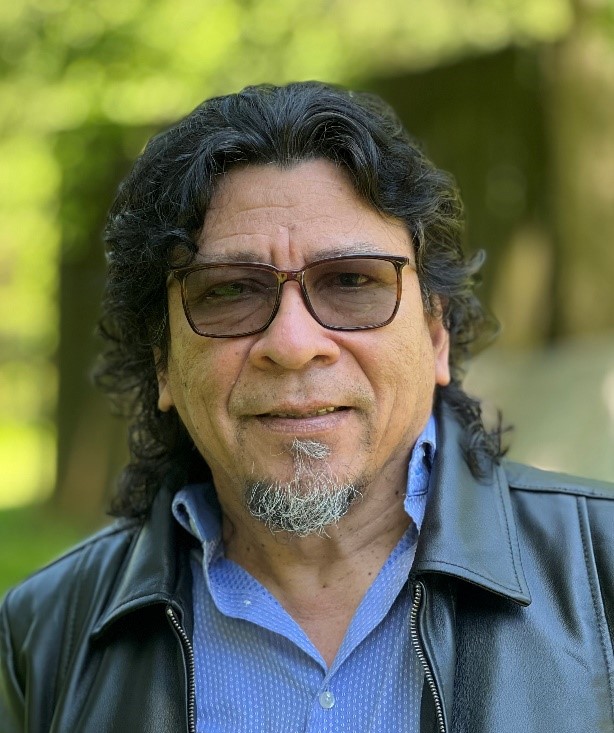
Session Title: Euler’s Method for the Construction of Magic Squares using Latin Squares and its use as a pedagogical tool to reinforce addition of integers and rational numbers.
Presenters: Bernardo Nieto
Time: 1:55-2:40 Location: B
Strand: General Teaching Strategies
Description: Magic Squares are fascinating mathematical objects constructed with numerical sequences placed on square grids of size nxn. Since ancient times different civilizations were attracted by the power, and beauty of the arrangements of numbers in a nxn grid, where the sum of each row, column and principal diagonals adds up to the same number value. Later they made versions of these grids with letters and other symbols. The mathematician Leonhard Euler used Latin Squares to construct magic squares. In this presentation we show his method for the construction of odd and even magic squares, and we will show the pedagogical potential of the M.S. to reinforce the correct use of signs when adding integers and rational numbers.
Session Title: Exploring Music Through Mathematical Constructs
Presenters: Dr. Congcong Bi
Time: 1:55-2:40 Location: C
Strand: Supporting all learners: Learning Support
Description: This presentation explores the symbiotic relationship between mathematics and music, revealing how mathematical concepts can be demonstrated in musical expression. It integrates three key ideas: redefining xy graphics to incorporate piano keyboard and rhythm, extending the model to include time as a third dimension, and proposing a formula for the pentatonic scale. By bridging mathematical visualization with auditory expression, it offers fresh insights into musical composition. This interdisciplinary approach highlights the enduring relevance of mathematical principles in music and fosters new opportunities for collaboration and discovery.
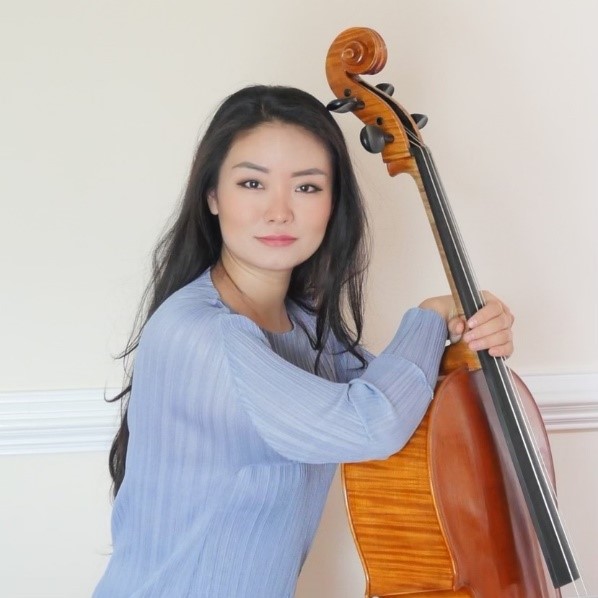
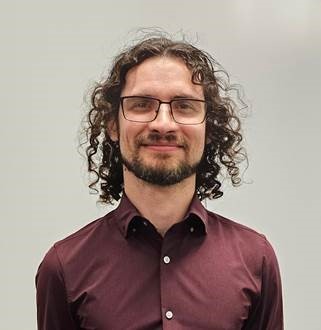
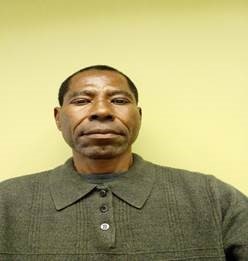
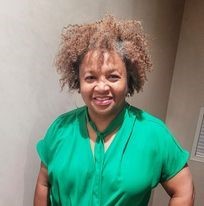
Session Title: Free Integrated Learning Support in Math: Going Full OER
Presenters: Matt Pilon, Jean LaFleur and Kisha Maynard
Time: 1:55-2:40 Location: D
Strand: Supporting all learners: Learning Support
Description: West Georgia Technical College wants to show its wins and woes in attempting to fully integrate learning support into the College Algebra course itself. WGTC is using MyOpenMath OER with OpenStax, its own pretest in lieu of standardized test scores, and a separate MOM course that is filled with topical videos and practice problems. This session hopes to both spread our experiences with TCSG, both good and bad, over the past four years.
Session Title: Swamp Tales: Neurodiversity in Higher Education
Presenters: Brandy Mathis
Time: 1:55-2:40 Location: E
Strand: General Teaching Strategies
Description: This training session is designed to increase awareness and appreciation for neurodiversity in higher education. Drawing inspiration from the beloved animated film Shrek, it offers a unique and engaging framework for understanding and celebrating neurodiversity. Just as Shrek and his companions represent a diverse array of personalities, strengths, and quirks, so too do individuals within the academic community. Through the lens of Shrek’s journey, participants will explore the value of neurodiversity and how it contributes to innovation, creativity, and problem-solving within educational settings. This training aims to foster an inclusive environment where all students and faculty can thrive and collaborate effectively.
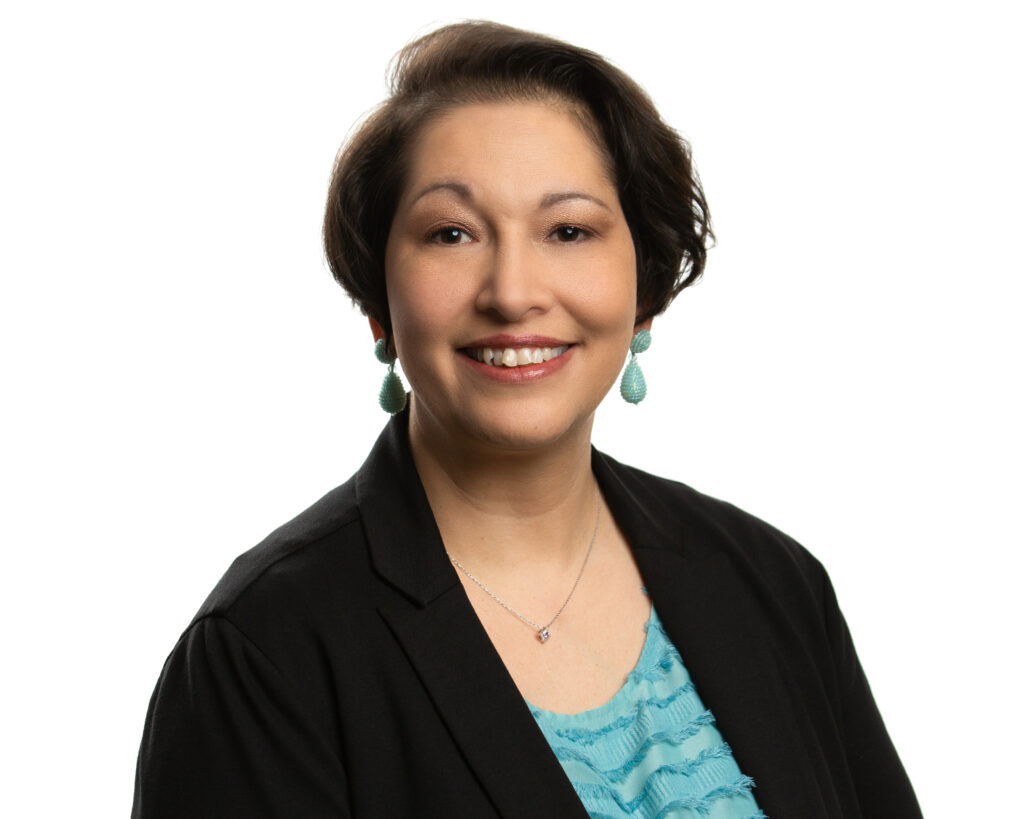
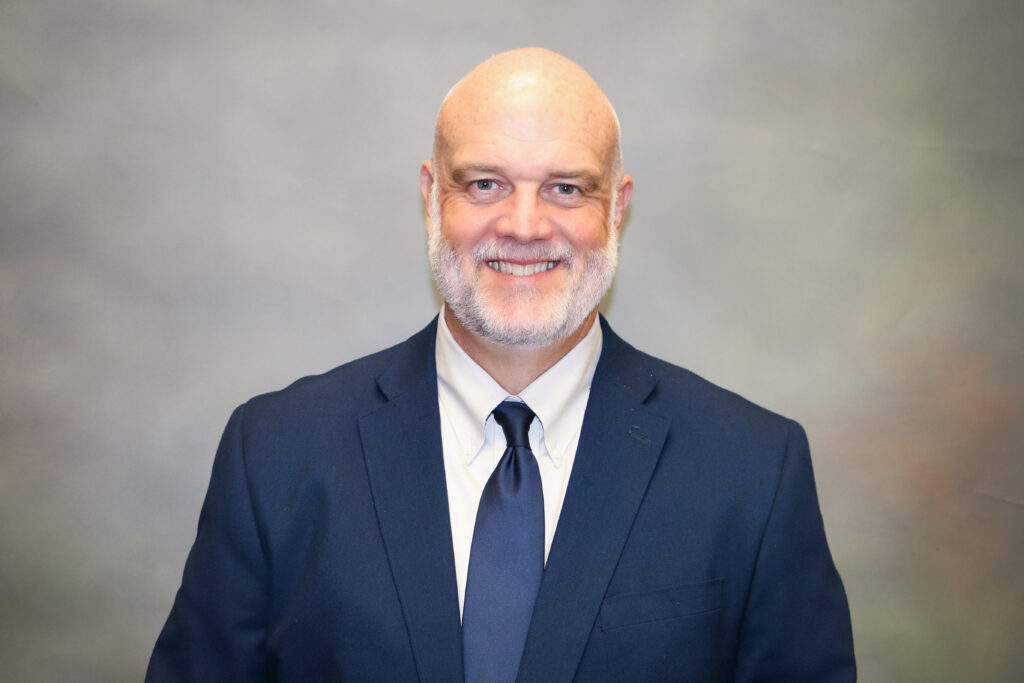
Session Title: Under-Prepared Students
Presenters: Sam Lester
Time: 11:10-11:55 Location: E
Strand: General Teaching Strategies
Description: This session explores the characteristics of under-prepared students. In many cases, we as faculty struggle with understanding the students in our classes; they are not built like we are! How many of us wish students came with better developed critical thinking skills? Math skills that are relevant to the program? Intuition? This session will discuss that under-prepared means and how we might address those challenges.
Presenters
